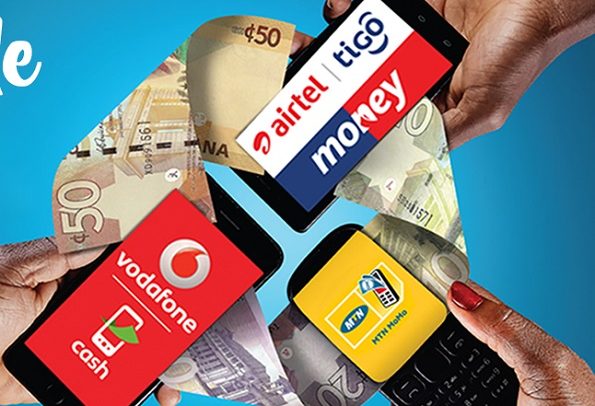The government has introduced a new levy to be charged on all electronic transactions beginning early next year.
“After considerable deliberations, government has decided to place a levy on all electronic transactions to widen the tax net and rope in the informal sector. This shall be known as the ‘Electronic Transaction Levy or E-Levy’,” Finance Minister, Ken Ofori-Atta, announced yesterday in Parliament during the presentation of the budget statement and economic policy of the government for the 2022 fiscal year.
He said “it is becoming clear there exists enormous potential to increase tax revenues by bringing into the tax bracket, transactions that could be best defined as being undertaken in the ‘informal economy’.”
He explained that the new E-levy will be a 1.75 per cent charge on all electronic transactions covering mobile money payments, bank transfers, merchant payments and inward remittances to be borne by the sender except inward remittances, which will be borne by the recipient.
He said the E-levy will be waived for transactions that amount to GH¢100 or less in a day or approximately GH¢3,000 per month, saying “a portion of the proceeds from the E-Levy will be used to support entrepreneurship, youth employment, cyber security, digital and road infrastructure among others.”
“Mr. Speaker, this new policy comes into effect from February 1, 2022. The government will work with all industry partners to ensure that their systems and payment platforms are configured to implement the policy,” he disclosed.
Last year, total value of transactions was estimated to be over GH¢500 million with mobile money subscribers and users growing by 16 per cent in 2019.
According to a Bank of Ghana report, Ghana saw an increase of over 120 per cent in the value of digital transactions between February 2020 and February 2021 compared to 44 per cent for the period February 2019 to February 2020 due to the convenience they offer.
At the beginning of the year, 38.9% of the population aged 15 years and older had a mobile money account in Ghana and the share of mobile money users increased over the previous three years but decreased slightly in 2021 from 39% in 2020.
By Ernest Kofi Adu


